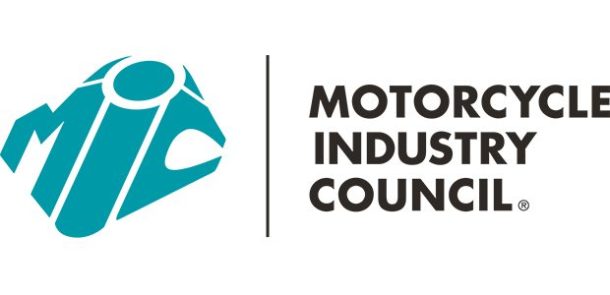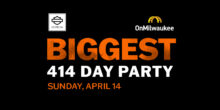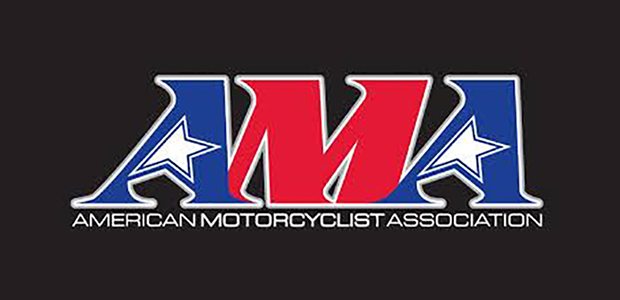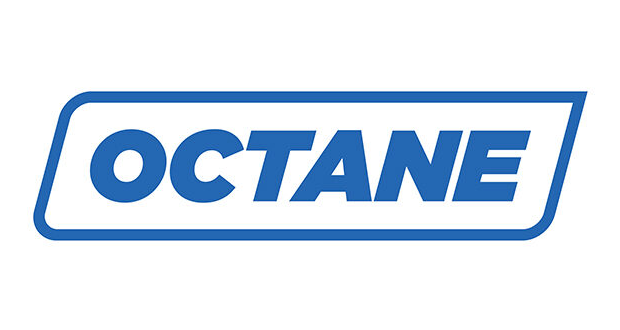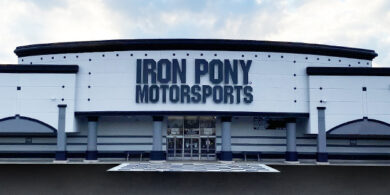Improving customer service with FaceTime
Küryakyn using technology application to guide its aftermarket customers
Any do-it-yourself gearhead knows what it’s like to get in over their head with an at-home installation. Blood pressure rises, angry veins appear in new places, and you wonder, “Who wrote these instructions?” While installation instructions often could improve, all these war-weary do-it-yourselfers usually need is a little patience, understanding and help from a technician who knows the product inside and out.
Technical support over the phone is a standard service from most aftermarket shops, but one company has taken it a step further by using Apple’s FaceTime videophone application for iPhones and iPads to offer its customers tech support in a way that’s more personal, helpful and efficient for both ends of the call.
Küryakyn, a motorcycle accessories company based in western Wisconsin, knew most of its customers owned or had access to Apple’s nearly ubiquitous devices, so it equipped some of its technicians with iPads that they can use to actually see the product and vehicle. The shop’s newest tool is quickly helping customers get their installation projects back on track.
Tech support’s next frontier
Küryakyn’s experiment has proved successful enough to continue, even though the company only fields a handful of FaceTime calls in an average workday. Part of the appeal is adding another way for consumers to interact with the company, beyond phone calls, emails and online chats with technicians.
“We’re always asking our tech support guys ‘What would make things easier?’ and part of it is ‘What if we could see the product right there, or see the customer?’” said Bryan Desimone, Küryakyn’s consumer marketing manager. “All of us have smartphones and we’re like ‘Why can’t we use FaceTime?’ So we looked into it a little bit and said, ‘Sure, we can, let’s do it!’”
As for the gradual rate of adoption, Desimone says that’s just fine with him, because the customers who do use it have enjoyed the service. Offering top-quality technical support is a way to keep customers in the fold and encourage them to continue purchasing Küryakyn products in the future.
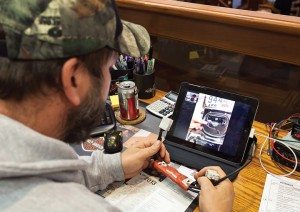
“It works out really well because it’s just so much easier,” he said. “A lot of times people have trouble explaining something, and if you’re dealing with the old way of doing it — having to email photos back and forth — in 30 seconds you could have your question answered. It’s really efficient.”
For the company, which employs 80-100 at its headquarters in Somerset, Wis., adding FaceTime service was a simple investment — just purchasing three iPads.
“We just want to keep our customers coming back to us, and that’s just another reason for them to pick up the phone and call us if we can help them,” Desimone said.
Aside from clear benefits for the consumer, the new technology also saves technicians from having to email photos back and forth with stymied customers, which often soaks up a lot of the techs’ time.
Pounding the pavement
Aside from its foray into video support calls, Küryakyn has been growing its business with new successful products like its Lighted Bat Lashes and Panacea LED taillights.
It also has expanded its performance upgrades, including its Perfect Storm bolt-on performance kits that include dual head pipes, Crusher mufflers, a high-flow air cleaner and a TTS Master Tune ECU box that, collectively, can provide an additional 14 to 18 horsepower at the rear tire.
“It’s all bolt-on components, so that’s been really successful for us, and this year we actually upped it even more by adding our bolt-on cams,” Desimone said.
To help support its product line, as well as demonstrate the company’s commitment to personalized support, it sends out trucks and trailers to attend dealership events and 14-18 major enthusiast gatherings across the country, like Daytona Bike Week and the Sturgis Motorcycle Rally.
The company sent more than a dozen techs to Sturgis in August, and this year it rented a secondary tent for its mechanics to install products for customers on the spot. Its truck displays its product line and project bikes, typically one for Harley-Davidson products and the other split between metric and Gold Wing products.
Desimone estimates that more than 50 percent of the company’s products are for Harley-Davidson bikes. Its non-Harley business has been more challenging, as he said Gold Wings have lost popularity since the early 2000s and the metric products change much more frequently, forcing aftermarket shops to reengineer their products.
“The metric is a tough market, because those bikes are never quite as consistent as far as production goes,” he said. “They’ll stick with a bike for a few years, but then they’ll change it up.”
Sales distribution
Küryakyn’s headquarters is near the St. Croix River in Wisconsin, 35 minutes northwest of St. Paul, Minn., where all aspects of the business other than final production are handled.
“We are almost a design firm,” Desimone said. “We design the products, we test them here and all that, and then we work with various sources to actually produce them.”
The company strives for as much U.S. production as possible, although overseas production has consistently been part of the mix. Desimone says it’s a moving target that comes down to striking a balance between encouraging American production while ensuring reasonable prices for its consumers.
“We take a lot of pride in the quality of our products,” he said. “We won’t let anything out that we don’t feel is suitable for the customer, but we also back it with a one-year warranty on our chrome and three years on our LEDs.”
Küryakyn’s distribution network consists of direct-to-consumer sales, partnerships with distributors as well as the company’s relationship with more than 4,300 dealers worldwide, the latter comprising the bulk of the company’s sales.


